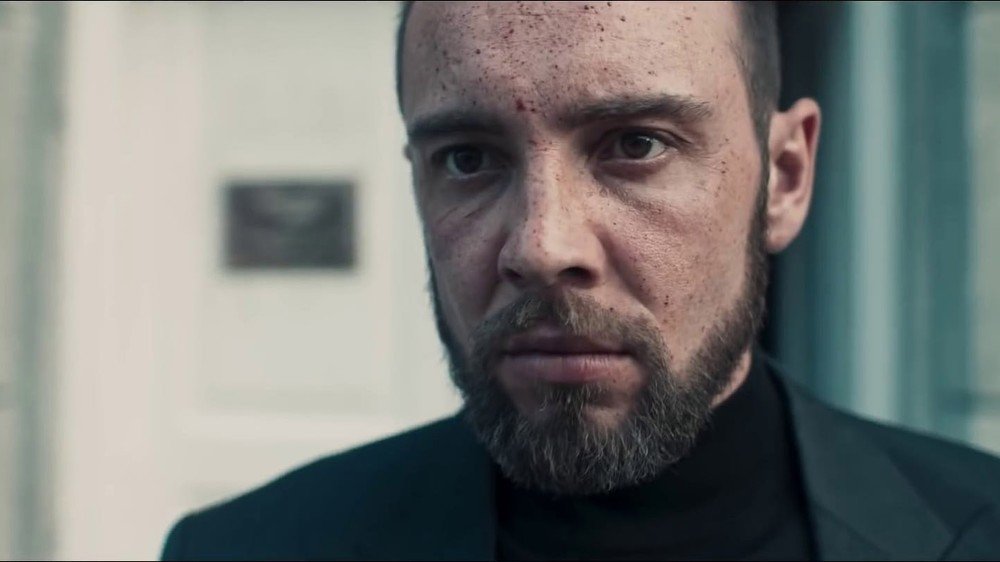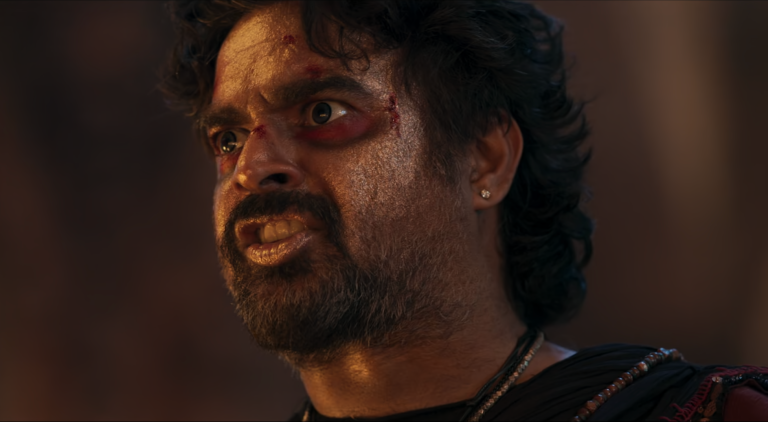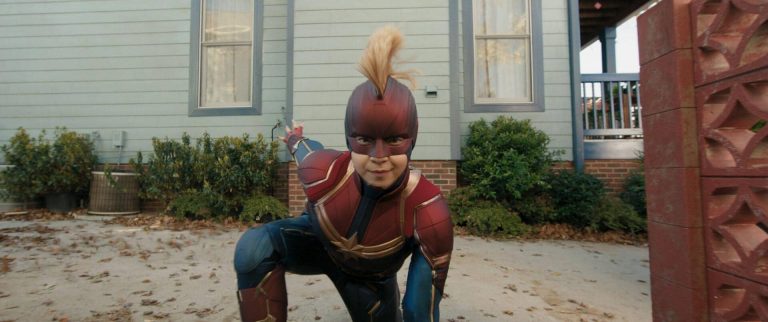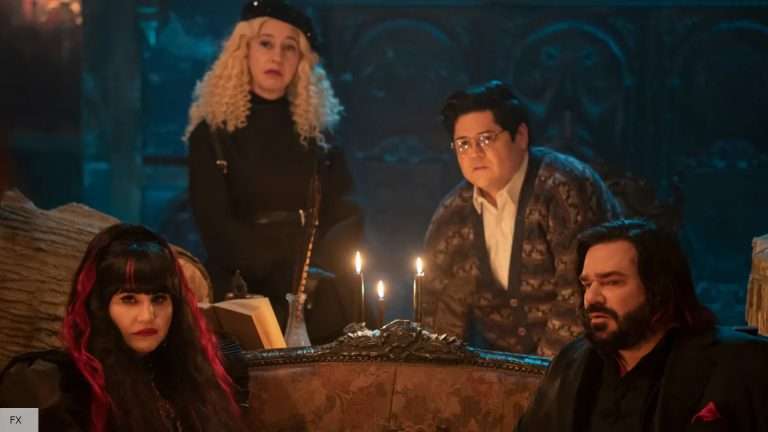How I Became A Gangster Review: “As far as I can remember, I always wanted to be a gangster,” announces Henry Hill (Ray Liotta) at the beginning of Goodfellas (1990), Martin Scorsese’s revered gangster flick. While there had been no dearth of cinematic portrayals of the gritty world of the mafia (Scorsese himself had explored the same in his seminal Mean Streets (1973), the first-person narration, the acerbic wit, and the astounding long-takes in Goodfellas ultimately set a benchmark for what a good gangster film should be. While the latest Polish gangster drama, How I Became A Gangster (2019) from Netflix, emulates several tropes from Goodfellas (and other gangster films), the end result seems like a pastiche of other genre films rather than a cohesive work on its own. It is not necessarily a work without any merits, but its glimpses of the mob world seem trite and worn out.
If 365 Days (2020) and its abysmal sequels did not whet your appetite for the Polish landscapes, the mafia, sex montages, and drugs, Netflix has you covered with its latest gangster flick, How I Became A Gangster (Jak zostalem gangsterem. Historia prawdziwa, 2019). Directed by Maciej Kawulski (the producer behind the 365 Days trilogy), How I Became A Gangster does carry some shades of Kawulski’s 365 Days saga but also has enough flesh (no pun intended) of its own to elevate it far above the hackneyed erotic films. Firstly, the film announces itself to be based on actual events, and secondly, the film has a STORY, unlike the porn-disguised-as-a-film scenario of 365 Days.

The film, as its teasing title alerts, is the story of an unnamed protagonist (whose name we are told in the opening credits has been kept secret for security purposes) and his rise in the burgeoning Polish gangster world. Like many crime films post-1990s, the film begins in the media’s res and jumps back in time, covering different time spans in the life of our protagonist. Much like Henry Hill, the film’s protagonist grows up in a working-class environment and is enamored with the lives of the outlaws who fearlessly roam the streets at night. Screenwriter Krzysztof Gureczny employs the technique of first-person narration to make us privy to the character’s world. This old-worn formula, however, works well and lends levity to the narrative, along with the film’s back-and-forth editing.
Our protagonist (played by actor Marcin Kowalczyk as an adult and Maksymilian Dobrowol as a youngster) recalls his life as a boisterous child, always picking fights with other children at his school. As a teenager, he gets the idea to supply sex workers to Arab clients hungry for ‘anal sex’ in a Catholic country (the oriental bias continues in the overt sexualization of the Arabs). Although the gig yields him enough money, our character still lacks the ‘adrenaline’ in his monotonous work. After a scuffle with a rich Arab man and a subsequent heist, our protagonist finally finds his calling as a gangster in the Polish world. Along with his narrative arc, the film also introduces the subplot of his romance with a college student, Magda (Natalia Szroeder), and his association with Walden (Tomasz Wlosok), his brotherly acolyte. When he ascends to the top, our protagonist faces betrayal and a moral dilemma causing him to re-evaluate his life. Will his redemption come easy?
While Kawulski and Gureczny definitely take inspiration from other postmodern crime films, they utilize it well enough to lend a stable structure to their film. For connoisseurs of the crime film, there are ample homages to the genre’s classics, with one scene mirroring the baptism sequence from The Godfather (1973). Just as our protagonist is getting married to Magda, the narrative cuts back and forth to a sequence where he and his gang eliminate an old rival–contrasting the sacred inauguration of the marital affair with a grisly murder. Akin to several films of the genre, Kawulski litters his sequences with ample needle drops, ranging from classic opera songs to synth-pop songs from the 80s. Moreover, adding to this, there is no dearth of heist sequences, mob battles, and witty one-liners. But this adherence to the genre’s tropes also comes at a price. Even though the film emulates the best of gangster flicks, it also recycles its archaic gender politics.
Although the film’s poster features the image of our unnamed protagonist with his love interest—the narrative barely features her unless it is for derivative romance sequences. Other female characters, like Walden’s partner Wiola (Natalia Siwiec), are only to incite the male character and contribute to the film’s skinny show. Misogynistic and homophobic humor abounds throughout the film because without ridiculing women and gay men, the film would be unable to enhance the machismo of its male characters. There is even an egregious scene involving male rape that is depicted as being a fitting punishment for one of the protagonist’s nemesis. Various sequences involve the use of slow-motion, pop music, and blood to accentuate the fight sequences between men. Thus, even though the film’s final message seems to critique violence and its destructive legacies, Kawulski’s formal techniques ultimately belie this theme and seem to glorify the outlaw and his unbridled machismo. This ultimately separates Kawulski’s film from Scorsese’s far superior works.
While Scorsese’s films do revel in the exploits of the gangster life, there is always a touch of irony in the auteur’s observation of these figures. His megalomaniacs ultimately have a touch of Shakespeare’s tragic heroes, whose downfall ends up deconstructing the supposed allure of criminal life. The haunting final shot of The Irishman (2019), Scorsese’s latest gangster drama, attests to his ironic observation of the gangster trope. How I Became A Gangster attempts a similar examination in its unconvincing final act. Still, this redemptive arc feels mostly unearned in a film that has spent most of its running time celebrating the exploits of its protagonist.
Toward the beginning of How I Became A Gangster, our protagonist announces, “I wouldn’t be like other gangsters.” Ironically, despite marking its differences, the film does not do much to separate itself from countless other genre flicks. One needs more than innovative formal engagement to make an offer the viewers can’t refuse.

![Dark Phoenix [2019] Review – The Phoenix flies to nowhere](https://79468c92.delivery.rocketcdn.me/wp-content/uploads/2019/06/Dark-Phoenix-2019-768x413.jpg)
![Wolfwalkers [2020] Review – Unleashing the wild side](https://79468c92.delivery.rocketcdn.me/wp-content/uploads/2020/11/Wolfwalkers-768x433.jpeg)



